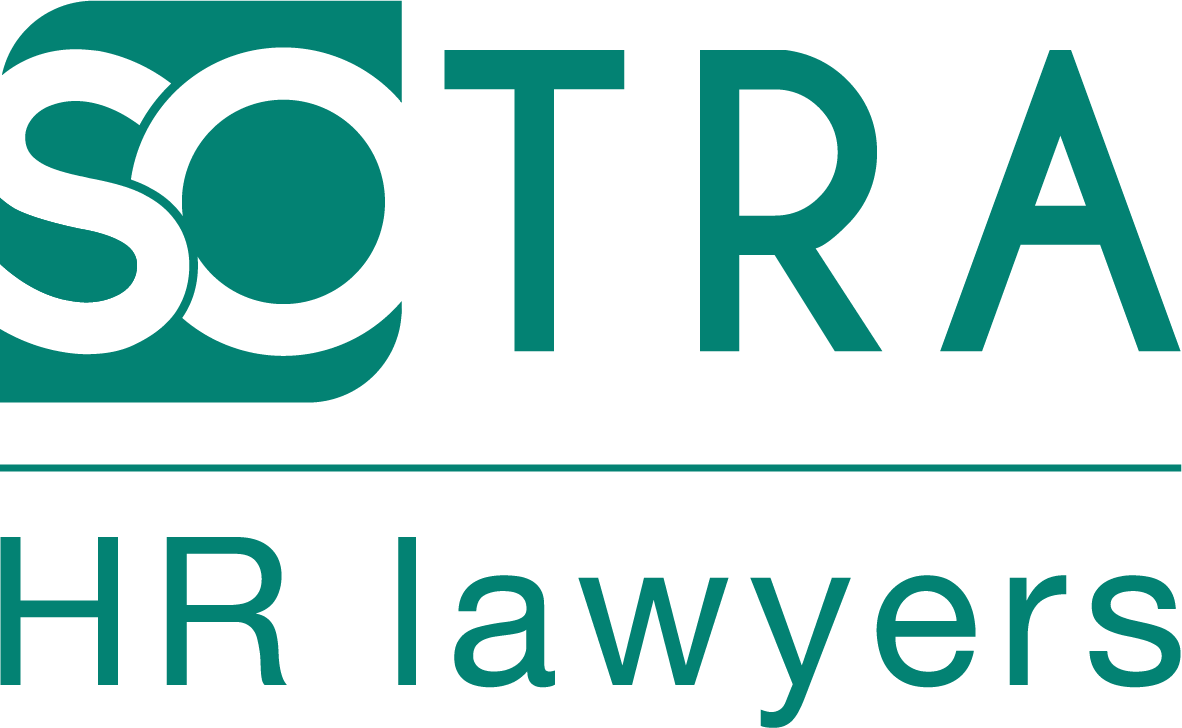
Remote working abroad: more flexibility on applicable social security legislation
A new European Framework Agreement allows employees to carry out up to 50% of their work in their home country, while remaining subject to the social security system of the member state where their employer is based.

Context
As a general principle within the European Economic Area (EEA) and Switzerland, social security contributions must be paid in the member state where the employee works. However, in the case of simultaneous employment in several member states, the employee is subject to the social security of the member state of residence, if and insofar he performs a substantial part of his work there. Substantial means in practice at least 25%.
Since the covid-19 pandemic, remote working has become increasingly common, which may have implications for applicable social security legislation when this remote work is carried out (partly) from the home country. To avoid this, several European countries, including Belgium, have "temporarily" neutralised compulsory remote work abroad for the determination of the applicable social security legislation over the past 2 years.
A new Framework Agreement now provides an opportunity to structurally provide more flexibility for transnational remote working.
The new Framework Agreement
Based on the new Framework Agreement, an employee will still be covered by the social security system of the country where his employer's registered office is located, if he does not work more than 50% in his home country. In addition, the following conditions will apply:
- This exception is not applied automatically, but must be applied for by the employer or employee. The exact application procedure has yet to be determined. The exception will be applicable for a renewable period of 3 years each time;
- It refers only to remote work performed at the employee's place of residence, and therefore not at a merely temporary residence (or holiday address) abroad;
- Both the country where the undertaking is based and the country of residence of the employee must have signed the framework agreement. Belgium has already announced it will do so and the NSSO will confirm in one of its next newsletters which other member states will join this Framework Agreement.
In addition, the application of this framework agreement is excluded in the following cases:
- The employee still habitually pursues activities other than remote working in the country of residence;
- The employee still habitually pursues activities in a Member State other than his residence country or the country where his employer's registered office is located;
- The application concerns - subject to certain exceptions - a situation of transnational remote prior to the entry into force of the Framework Agreement. The Agreement will enter into force on 1 July 2023, if and insofar the two member states concerned have signed the agreement by then.
To remember?
From 1 July 2023, employees can carry out up to 50% of their work in their home country, and still remain subject to the social security system of the member state where their employer is based.
However, the application of this regime is subject to a series of conditions and requires that the member states concerned first sign the Framework Agreement.
If you have any questions on this subject, do not hesitate to contact one of our lawyers!
Source: Framework Agreement on the application of Article 16 (1) of Regulation (EC) No 883/2004 in cases of habitual cross-border telework, available at this link.
